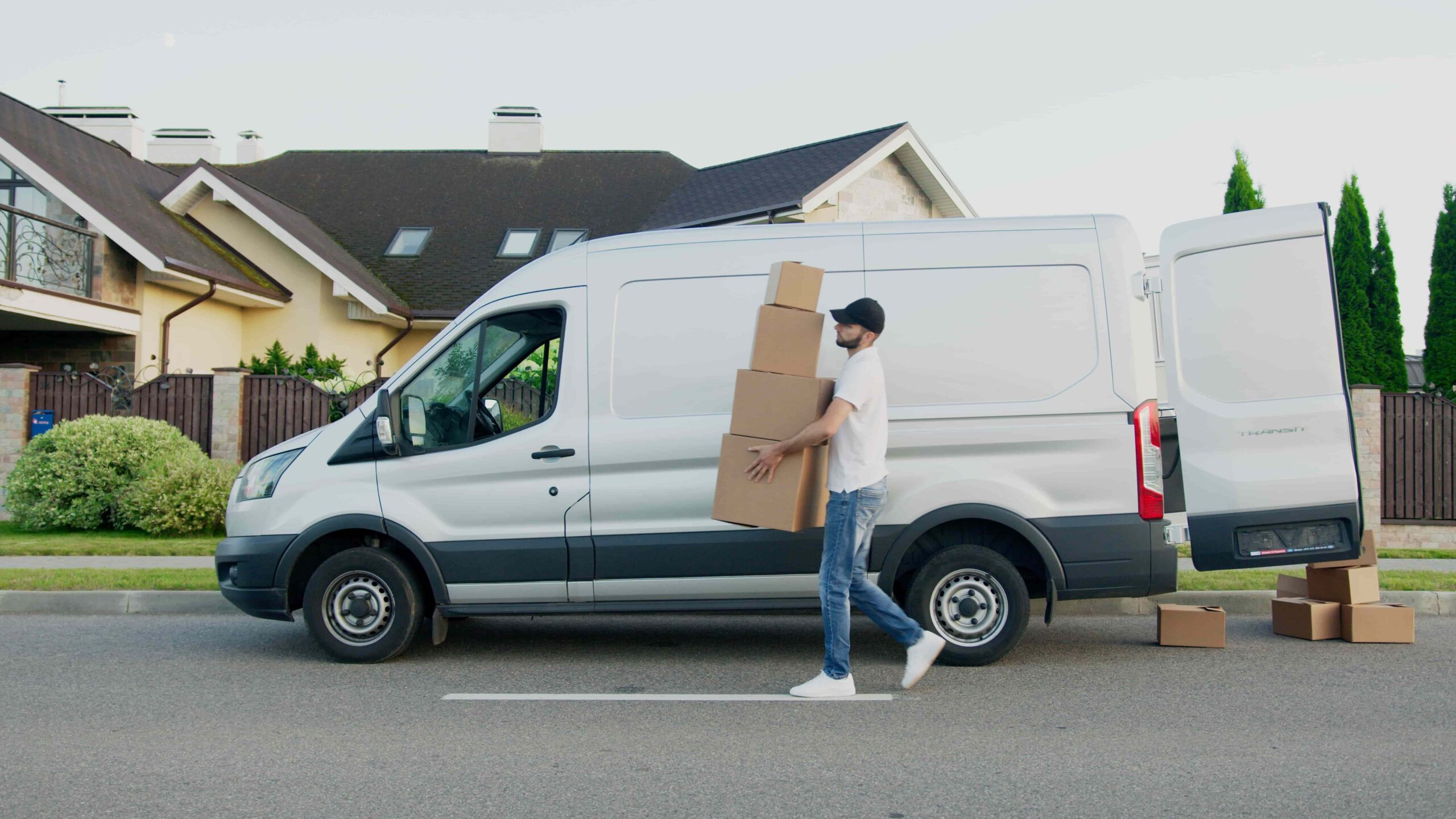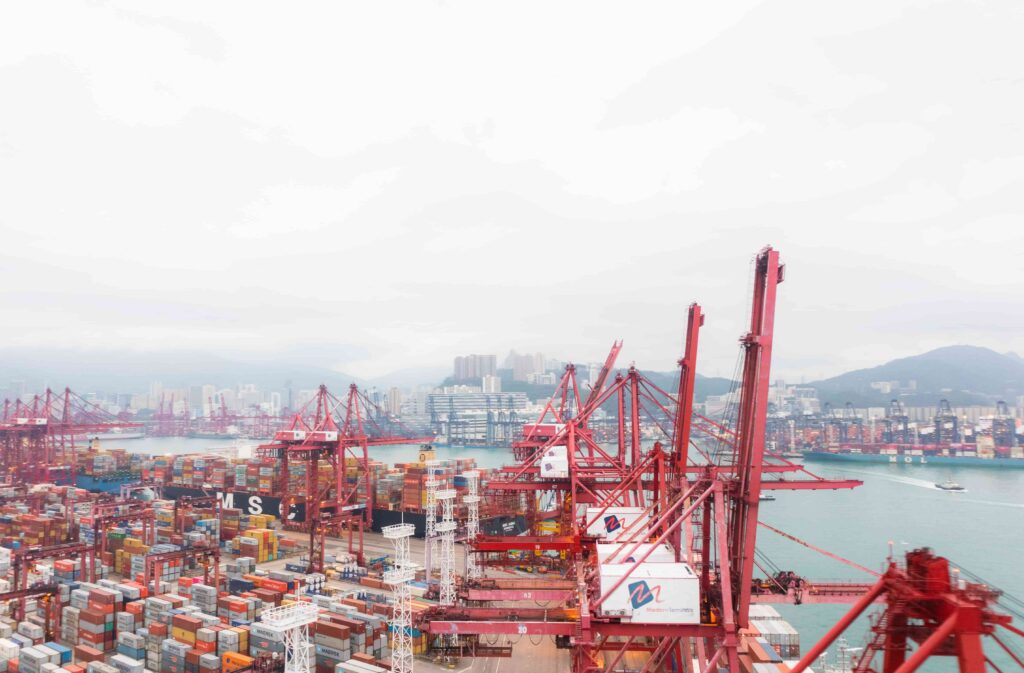
Reverse logistics examples in 2022
19 December 2022
Reverse logistics is a subset of supply chain management that encompasses the entire reverse process. In retail, this typically involves the sale of used or returned goods at a discount and their subsequent resale. Reverse logistics also takes into account the packaging, shipping and storage of returned products until they can be resold or recycled.
This field has become increasingly sophisticated over the years as technology has advanced and companies have learned to streamline their processes.
Technology is improving reverse logistics
Technology can help reduce costs by automating tasks that would otherwise be done manually, such as entering data into a system, managing order fulfillment and transportation in real time, and tracking inventory levels to determine which items need to be replenished or stocked.
Technology can also improve customer satisfaction by enabling companies to communicate with consumers immediately after they return an item so they can provide timely assistance if needed. This can lead to an increase in customers willing to buy from you again because they feel you care about them.
Reverse logistics is becoming more efficient
Reverse logistics is becoming more efficient thanks to technology, automation and digitalization. Thanks to data analytics, companies can now optimize their reverse logistics processes by identifying opportunities for improvement.
This means they can recover more product and reduce the cost of returning goods to the market or using them for other purposes, such as reconditioning or remanufacturing products.

Automated sorting systems
A sorting system is a machine or process for sorting products by type. Sorting systems can be manual or automated, depending on the size of the operation and the type of product being sorted.
Automated sorting systems are typically used in large-scale operations to sort items quickly and efficiently, while manual sorting systems may be more appropriate in smaller environments or when items need to be sorted by hand.
Inspection/Repair
Inspection and repair is an important part of reverse logistics. Inspecting a product can be done on-site or off-site. Repairing a product means it can be sold again, which is great for companies because they can reduce costs by repairing products instead of sending them to a landfill.
Technology streamlines reverse logistics
Technology can help streamline reverse logistics in many ways. The first way is by tracking the movement of goods, so that companies can know where their products are at all times. This technology allows them to ensure that the product reaches its destination quickly and safely, thus reducing losses due to theft or damage during transport.
Inspection technology also aids reverse logistics by making it easier to inspect goods when they are returned for repair or exchange. With this type of advanced inspection system, companies will be able to identify whether their returns need repair before sending them back into circulation. If there is no problem with the return, it can be sorted and repacked for direct shipment to its next destination without further human interaction (which reduces costs).
Finally, wiping technology has become increasingly popular due to its ability to speed up sorting activities and ensure that products remain clean throughout the process, which prevents contamination between items and creates more efficient processes overall.
Tracking technology is used to improve customer service
Tracking technology is used to improve logistics. This can be seen through the use of GPS tracking devices on trucks so that dispatchers can locate their drivers and monitor their progress in real time as they move goods from one location to another.
Tracking technology also allows companies to monitor their shipments as they are transported from one location to another (which helps prevent accidents or delays), and provides information on where delays may occur before they happen, so that preventative measures can be taken in advance (such as rerouting).
 1Last In, First Out (LIFO): Loa...
1Last In, First Out (LIFO): Loa...29 March 2025
 2Intermodal Transport: Keys to ...
2Intermodal Transport: Keys to ...24 February 2025
 3Role of Logistics in Natural D...
3Role of Logistics in Natural D...18 November 2024
?
评论 (0)
目前没有评论。 成为第一个吧!